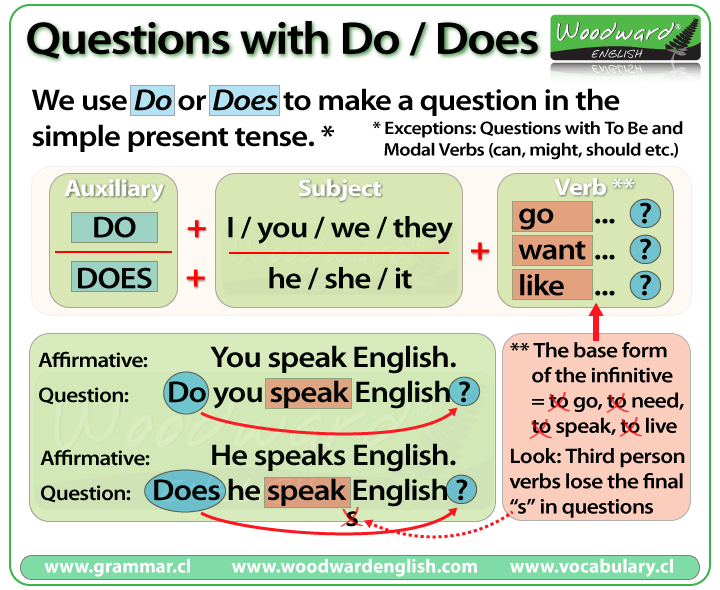Challenge Your Knowledge: Can You Answer These 5th Grade Science Questions?
Introduction: Why 5th Grade Science Questions Matter
Many adults find themselves stumped by the kinds of questions routinely asked of elementary school students. The popular quiz show concept, “Are You Smarter Than a 5th Grader?”, highlights just how much we may forget over time. Science questions from this level are designed to challenge reasoning, recall, and real-world understanding, helping both children and adults brush up on foundational concepts [2] . Revisiting these topics not only strengthens your knowledge but also encourages curiosity and lifelong learning.
What Are 5th Grade Science Questions?
Typical 5th grade science questions cover a broad range of topics including biology, physics, chemistry, and earth sciences [1] . These questions often test your understanding of the natural world, scientific principles, and everyday applications of science. For example, you might be asked:
- What is the most abundant element in the universe? (Answer: Hydrogen)
- Which organ contains alveoli? (Answer: Lungs)
- What chemical in plants turns sunlight into energy? (Answer: Chlorophyll)
- What is the name of the scale used to measure earthquake intensity? (Answer: The Richter Scale)
These questions are designed to be accessible yet challenging, ensuring a comprehensive review of topics commonly taught in elementary science curricula [1] .
Using 5th Grade Science Questions for Learning and Fun
Science questions at this level can be a powerful tool for learning and engagement. Here’s how you can make the most of them:
- Self-Testing: Use question lists to quiz yourself and identify areas where you need a refresher. Set aside time each week to tackle new topics.
- Family Activities: Turn science questions into a game at home. Challenge family members to answer questions and keep score for a friendly competition. This can spark meaningful conversations and learning moments for both children and adults [2] .
- Classroom Resources: Educators can incorporate these questions into lesson plans, review sessions, or as warmup activities. The progressive difficulty of questions encourages students to think critically and build confidence as they master new concepts.
- Social Gatherings: Hosting a trivia night or virtual quiz based on 5th grade science questions can be a fun way to engage friends and colleagues, promoting teamwork and learning in an enjoyable format [2] .
Many online resources and books offer curated lists of questions, but for verified and regularly updated examples, searching for “5th grade science quiz” or “elementary science review questions” through educational platforms is recommended.
Real-World Examples and Case Studies
Quiz-based learning has been shown to increase retention and engagement in both children and adults. For instance, a popular online quiz [3] challenges users with biology and earth science questions such as:
- What planet is closest to the sun? (Answer: Mercury)
- What tool is used to look at stars? (Answer: Telescope)
- What happens when you mix vinegar and baking soda? (Answer: A gas is released)
Employing such questions in a group setting, teachers and parents have reported increased motivation and teamwork among students, as well as improved performance on standardized science assessments [2] .
Step-by-Step Guide to Creating Your Own Science Challenge
If you’d like to implement a science quiz at home, in class, or online, follow these steps:
- Gather Questions: Compile a set of science questions from verified educational sources. For classroom-appropriate content, reputable sites like Parade and Science of People offer grade-leveled questions [1] [2] .
- Decide the Format: Choose between multiple-choice, short answer, or oral questions depending on the audience and setting.
- Set Rules: Establish time limits for each question, scoring criteria, and whether hints are allowed.
- Organize Teams or Individual Play: For group settings, divide participants into teams to encourage collaboration. For solo play, track progress over time.
- Review and Discuss Answers: After each round, review correct answers and provide explanations. This reinforces learning and clarifies misconceptions.
For an interactive experience, consider using digital quiz platforms or video conferencing tools for remote participation. Always ensure your question sources are up-to-date and accurate.

Source: sarascrive.com
Common Challenges and Solutions
Challenge 1: Keeping Participants Engaged Some may find science questions intimidating. To overcome this, use questions of varying difficulty and offer encouragement for effort, not just correct answers. Including real-world examples or fun facts can help sustain interest.
Challenge 2: Ensuring Accuracy Always verify questions and answers against trusted educational standards. If you’re unsure about a fact, search official educational or scientific resources. Avoid using unverified or outdated question lists.
Challenge 3: Accessibility For learners with different backgrounds or abilities, adjust the language and complexity of questions. Provide visual aids or demonstrations when possible to enhance comprehension.

Source: screenrant.com
Alternative Approaches for Science Review
Besides quizzes, other methods to reinforce 5th grade science concepts include:
- Hands-On Experiments: Simple home experiments-like mixing vinegar and baking soda-can demonstrate scientific principles in action.
- Educational Videos: Platforms like YouTube offer science explainers and experiment demonstrations suitable for elementary learners. Always review content for age-appropriateness before sharing with children.
- Interactive Games: Board games and digital apps designed for science learning can provide alternative, engaging ways to practice concepts.
- Supplemental Reading: Children’s science books and magazines offer stories and articles that reinforce classroom learning.
These approaches can be used alone or combined with quiz-style questions for a comprehensive science review experience.
How to Access More Resources and Questions
If you want to find additional 5th grade science questions or similar educational content, you can:
- Search for “5th grade science quiz” or “Are You Smarter Than a 5th Grader questions” on reputable education websites and quiz platforms.
- Visit your local library and ask for elementary science workbooks or trivia books.
- Consult with your child’s teacher or school for recommended resources or past quiz materials.
- For online quizzes, you may explore interactive science question sets on established education sites. When using online material, confirm the source’s credibility before sharing or using the questions in a formal setting.
If you prefer not to use online sources, consider creating your own set of questions by reviewing your local or state science curriculum standards and developing questions that align with those topics.
Key Takeaways
5th grade science questions offer both a challenge and an opportunity, whether you’re a parent looking to support your child, an educator seeking classroom activities, or an adult keen to refresh your knowledge. Approaching these questions with curiosity can transform learning into a fun, memorable experience for everyone involved.
References
MORE FROM snapflicks.net












